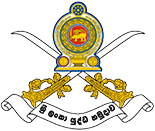The Day-2 session of the ‘Defence Seminar - 2015’ at Colombo Galadari Hotel, chaired by General G.H De Silva (Retd), kicked off focusing on the theme ‘Non-Military Threats to National Security’ with the participation of three panelists, Ms Viviana De Annuntiis, Chief Coordinator, UN Office for the Coordination of Humanitarian Affairs (Asia Pacific Region), Air Vice Marshal D.LS Dias, Sri Lanka Air Force and Rear Admiral D.M.B Weththewa, Sri Lanka Navy.
The gamut of issues covered in the session was of interest to the audience as the resource personnel made their presentations in an impressive manner. Ms Viviana De Annuntiis in her comprehensive presentation to the sessions on ‘Natural Disasters, Climate Changes and Pandemic Diseases; 21st Century Challenges’ catalogued the chain of natural catastrophes that took heavy human tolls in the past few years including hurricanes, landslides, etc and pandemic diseases that claimed so many lives.
“The Asia - Pacific (A-P) region which accounts for nearly 45% of all the world’s natural disasters has the world’s biggest percentage of disaster victims, the rate as high as 82% while the A-P region remains the most vulnerable to endemic diseases. In 2014, over half of the world’s 226 natural disasters occurred in the A-P region and it has turned out to be one of the top areas, exposed to natural disasters,” she said.
“The A-P region accounts for 11 (13 including Iran and Pakistan) of the top 20 countries in the world ranked by exposure to natural disasters and the top 7 of those are all in this region. In order to provide an overview of natural disasters and climate change challenges in the Asia-Pacific region, it is essential for us to look at the ground realities. At the same time, the role of OCHA and the international community’s preparedness and responses need to be looked at closely,” she said.
“Governments of Asia, she added, recognize the accomplishments in Progress towards strengthened early warning systems, enhanced public awareness and disaster risk reduction education and strengthened preparedness capacities and in September 2013, the UN Secretary General called for a World Humanitarian Summit in 2016. All humanitarian stakeholders - governments, UN, NGOs, affected communities, the private sector and other partners - will come together to build from successes and create an agenda for the future, that is inclusive, effective and accountable,” she pointed out.
It is essential that greater coherence between the global guidance frameworks, consolidation of a stronger evidence base to support disaster preparedness and risk reduction efforts and bridging of the divide between development and humanitarian partners is maintained all the time, Ms Viviana De Annuntiis explained.
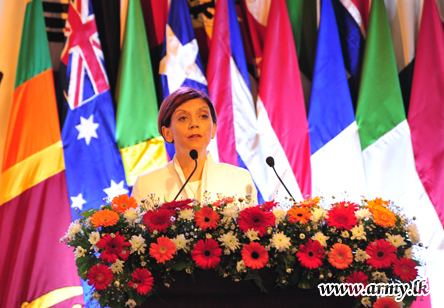 |
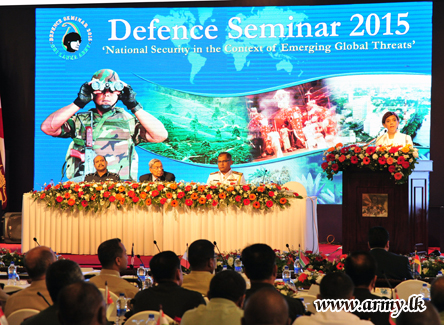 |
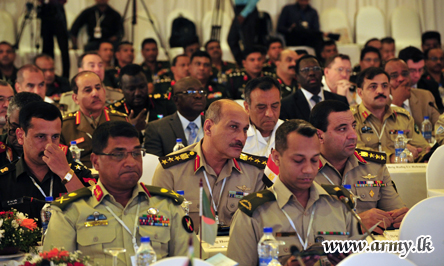 |
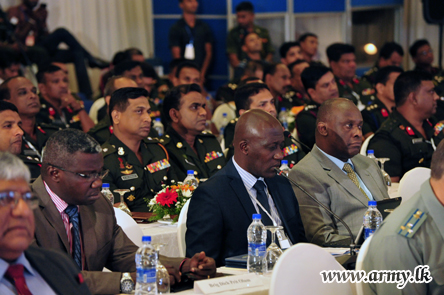 |
